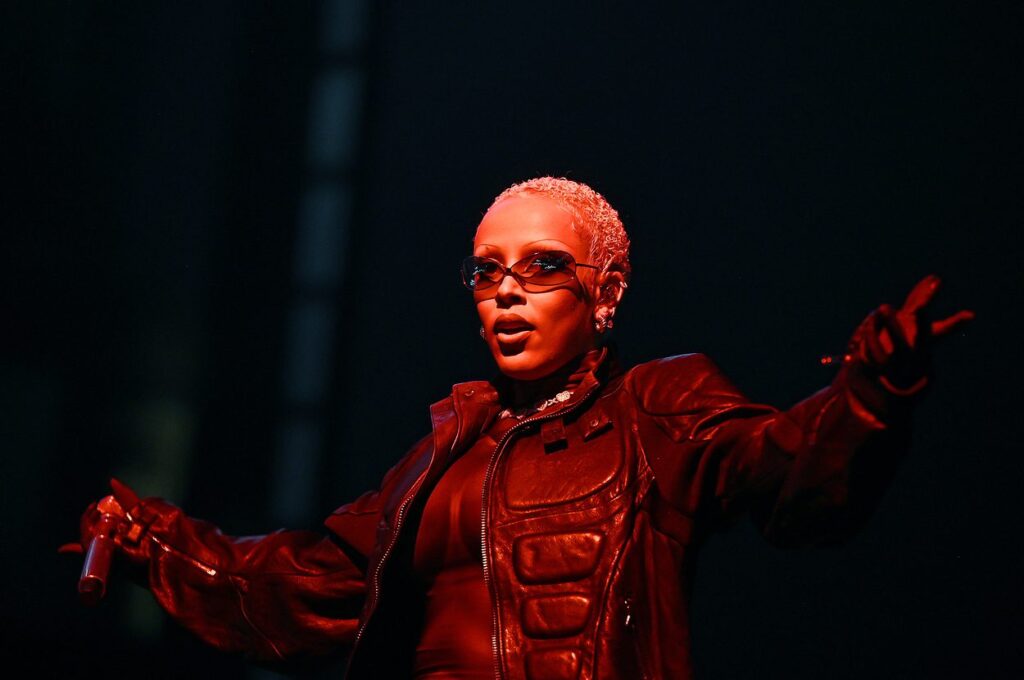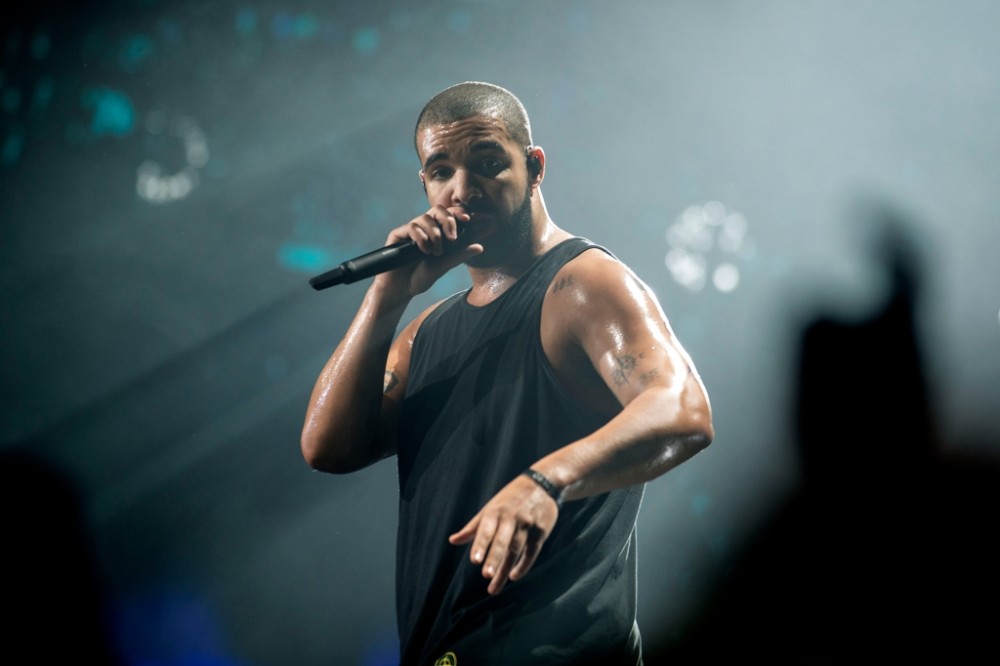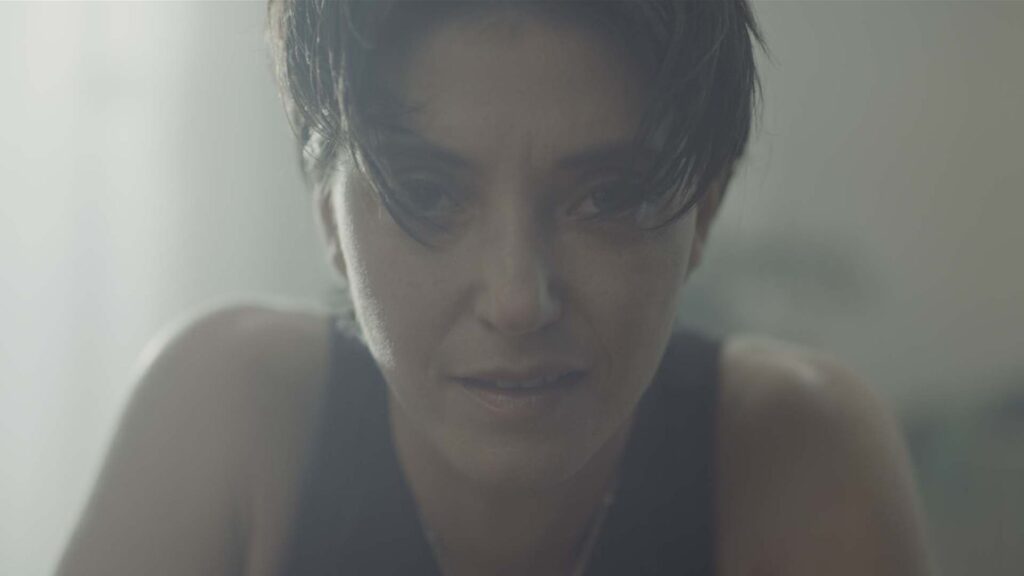
Doja Cat Was Never Your Friend
Doja has been reluctant to engage with her fan base in an open and generous manner, which of course is her right. She doesn’t want to pander and rightly fears the illusion of good faith exchange with a large, faceless, online hoard of millions. She doesn’t follow her friends online to prevent the sort of manic speculation market surrounding celebrity social media traffic cops. She explains, “I’ve been anxious and I’ve been depressed and I have body dysmorphia. I don’t like talking about that stuff because I don’t need to. Seeing the responses to that is not something I can handle. I’m a snowflake. I’m sensitive… I have a big fear of performativeness.” She’s intensely self-aware, which counterintuitively isn’t a great quality to have as a celebrity.
Doja Cat was probably never going to become a billionaire, and now that’s a certainty, but her refusal to engage with her fans, to placate their expectations of her and her rejection of the carceral parasocial relationship between artist and fan, and of the idea that an interpersonal romantic relationship is now a “platform,” can be read as what she considers self-care (arguably coming at the expense of innocent bystanders). We’ve started to see this railing against the online status quo from “free-thinker” types like Dave Chappelle and Killer Mike when it comes to politics or speech. This is something different: an artist telling her fans to stay the fuck out of her bedroom.
Doja saved her most interesting responses for Scarlet, her new dynamic, provocative, predominantly rap album, which is about as perfect and accomplished as any pop album I’ve heard all year. It’s an album directly confronting celebrity and the relationship with the public that puts her in league with Britney, Gaga, Janet, Beyoncé, Prince, Madonna, and, yes, Taylor, in tangling with her fame and mining her life for material. Much like Kendrick Lamar’s statement to his public on his bold therapy session Mr. Morale and the Big Steppers, Doja is putting up boundaries, telling her fans not to embrace an idea of her and the contract of conduct that it comes with, but rather accept her for the person she is, or, even better, don’t think of her beyond her music at all.
It’s a dicey proposition. Scarlet made half the first week sales of her last album, Planet Her, in 2021 (the interview with Ebro feels very much like a latent admission of fucking up and attempting to apply a tourniquet to the album’s semi-flop). It’s impossible to draw a direct correlation from her anti-pop campaign in July to the success or lack thereof of Scarlet (also worth mentioning as possible deterrents: her return to her rap roots and the satanic imagery around the album’s release), but it’s equally impossible to dismiss it as a factor. Meanwhile, Taylor’s newly released The Eras Tour concert film is on track to become the top-grossing concert film ever, in its opening weekend. If you’re measuring “success” in streams and dollars, Taylor has no peer this side of Beyoncé. Doja, at least in the context of this rollout, would serve as a cautionary tale, a how-to guide if your goal is pissing off your fans and fucking up your bag.


